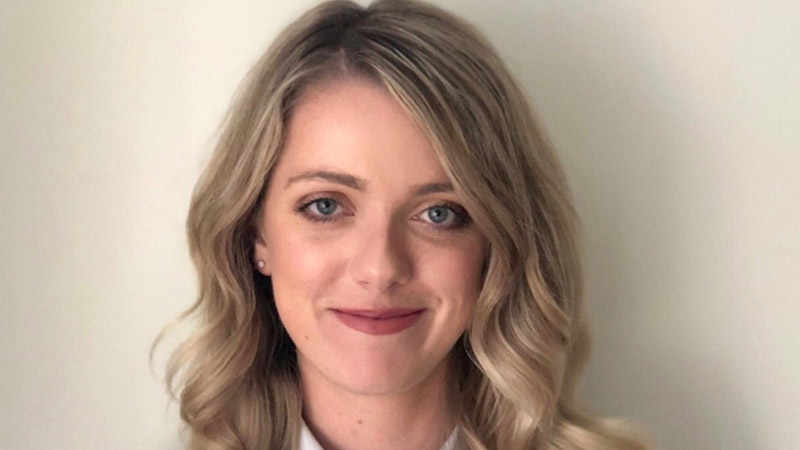‘Serious ramifications’ with slip-ups under trustee-member rules
The technical aspects of the trustee-member rules under section 17A of the SISA can become very complex in certain circumstances and should not be overlooked, an industry lawyer warns.
Kimberley Noah from DBA Lawyers said the trustee-member rules which are set out in section 17A of the Superannuation Industry (Supervision) Act 1993 (Cth) contain the key structuring requirements that must be considered when operating an SMSF.
“It is critical that advisers and SMSF trustees are mindful of these rules to ensure the relevant fund maintains complying status and accordingly continues to receive concessional tax treatment,” Ms Noah said in an online article.
Ms Noah said SMSF professionals and their clients should be aware that a fund does not automatically cease to be an SMSF where the relevant composition conditions are not met.
“Under [section] 17A(4), a period of six months may elapse during which time the fund will continue to meet the definition of an SMSF, despite the fact that the trustee-member rules may not be perfectly satisfied,” she explained.
“Given that six months is not a particularly long time, prompt action is required to ensure that a fund falls within the grace period where any departures from the trustee-member rules have occurred.”
However, she also warned that this grace period is not available in all circumstances, which means advisers and trustees need to be aware of some of the exceptions to the grace period.
“Specifically, [section] 17A(5) provides that the six-month grace period does not apply in respect of a failure of the basic conditions caused by one or more new members being admitted to an SMSF,” she explained.
“On a practical level, this means that a prospective new fund member must always be appointed as a trustee or director before their admission as an SMSF member.”
As the grace period will not provide a safety net in these circumstances, the timing and order that composition changes are carried out is critical in the context of member admission.
“Notably, failure to satisfy the rules in [section] 17A when admitting new fund members will result in a fund instantly ceasing to meet the definition of an SMSF,” she cautioned.
If a fund ceases to meet the definition of an SMSF, the ramifications of failing to meet the definition can be quite serious and should not be discounted, even where the fund’s auditor has not positively identified the lapse.
“Broadly, if a fund fails to meet the definition of an SMSF, it is generally recommended that remedial action is taken as soon as possible to bring the fund back into alignment with the trustee-member composition rules,” she said.
“If this cannot be achieved, the member may need to consider other options, such as rolling over all of their benefits to a large fund or converting the SMSF to a small APRA fund.”
If prompt action is not taken, she said, the fund exposes itself to the inherent risk of having its complying status removed by the ATO.
“Where a fund loses its complying status, it will be taxed at the highest marginal tax rate on its income and the market value of its assets, prior to the start of the year that it was made non-complying,” she stated.
Some of the other traps that SMSF professionals and their clients need to watch out for, she noted, are disqualified persons and SMSF residency.
“It is an offence for a disqualified person to continue to act as a trustee/director under [section] 126K. Therefore, any disqualified persons must be removed at the trustee level as soon as possible,” she said.
“Where a person is disqualified, the two main rectification options are to roll over the disqualified person’s benefits to a large APRA-regulated superannuation fund or convert the SMSF into an SAF by appointing an APRA-approved trustee.”
In terms of ensuring a fund meets the residency requirements, if a trustee relocates overseas, often the clearest way forward is for the trustee to resign from their post as a director and appoint their locally based attorney in their place as a full director, she recommended.

Miranda Brownlee
Miranda Brownlee is the deputy editor of SMSF Adviser, which is the leading source of news, strategy and educational content for professionals working in the SMSF sector.
Since joining the team in 2014, Miranda has been responsible for breaking some of the biggest superannuation stories in Australia, and has reported extensively on technical strategy and legislative updates.
Miranda also has broad business and financial services reporting experience, having written for titles including Investor Daily, ifa and Accountants Daily.








